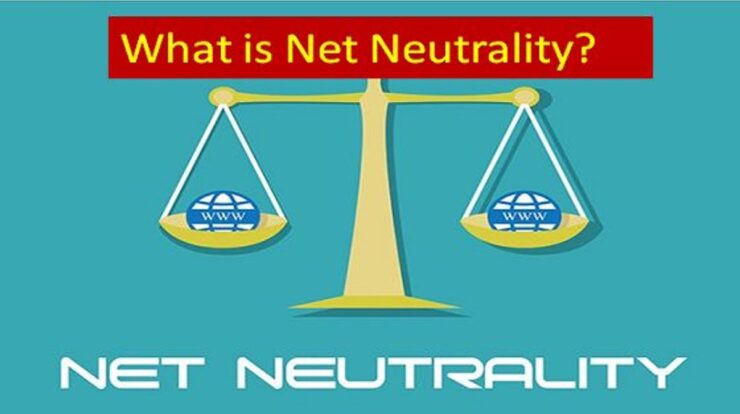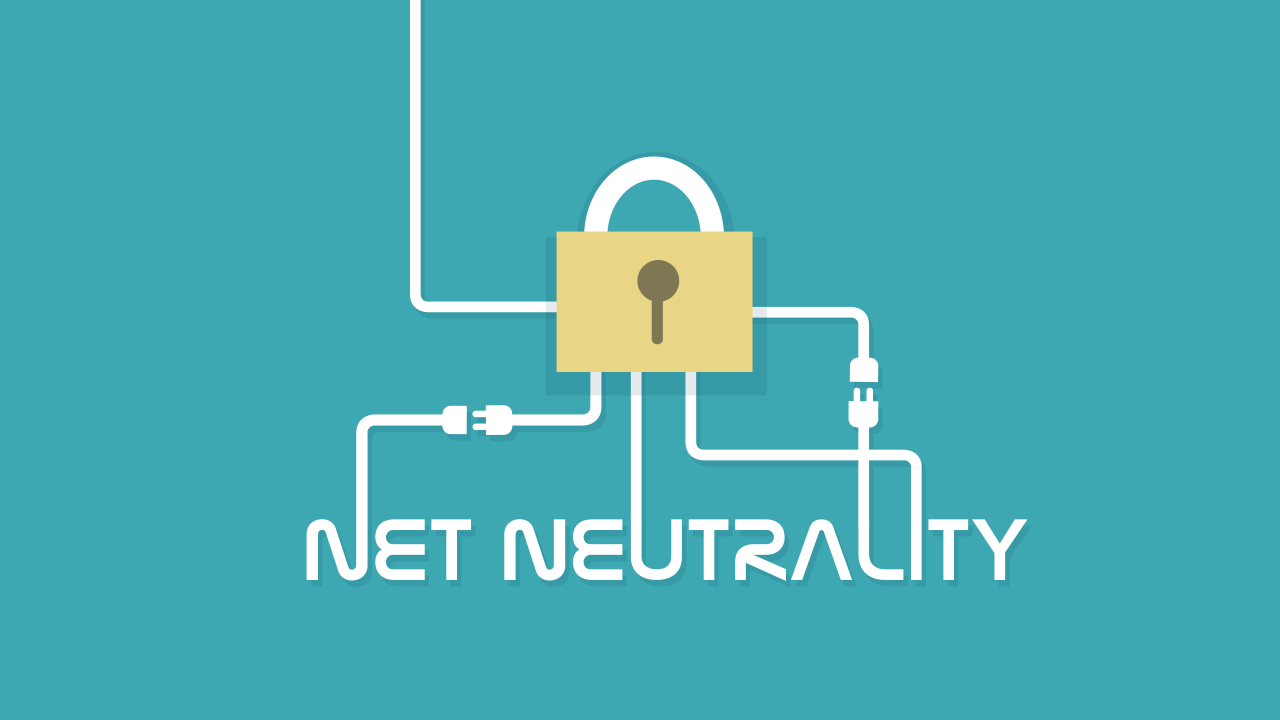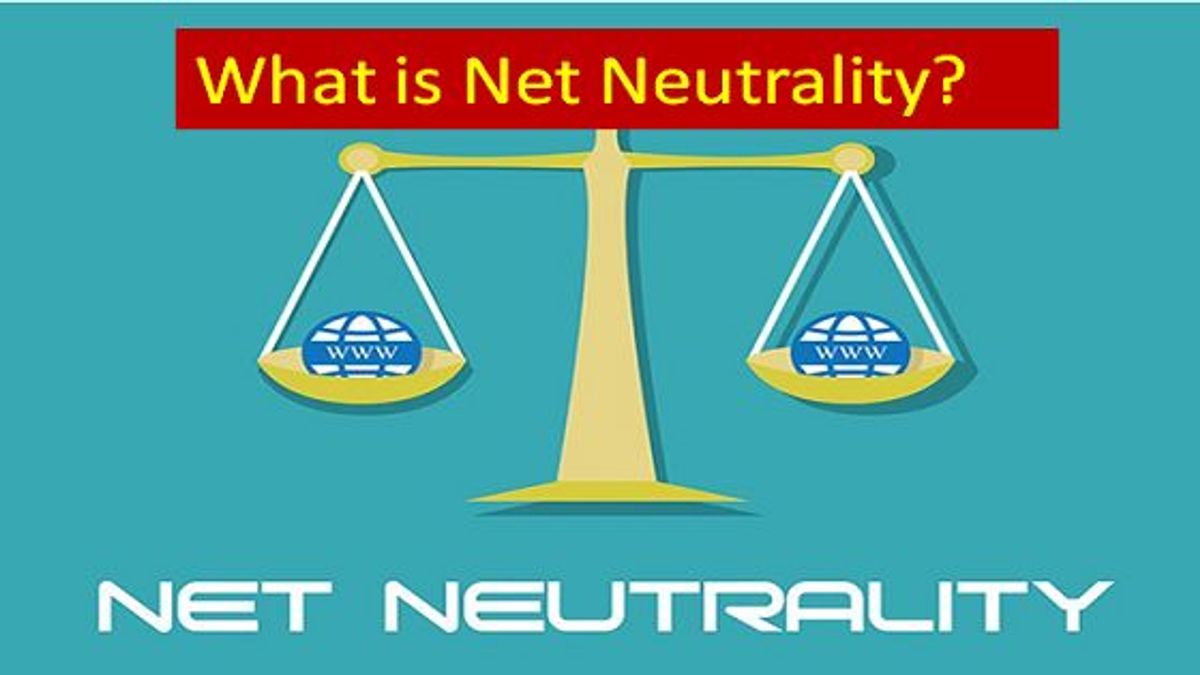
Net neutrality definition, a concept of paramount importance in the digital age, ensures that internet service providers treat all online content equally, regardless of its source, destination, or type. This principle safeguards a level playing field for all internet users, fostering innovation, competition, and economic growth.
The history and evolution of net neutrality regulations have been marked by key events and milestones, shaping the current landscape of internet access. The benefits and impacts of net neutrality are multifaceted, extending to consumers, businesses, and society as a whole.
However, challenges and controversies surrounding net neutrality persist, highlighting the need for ongoing dialogue and understanding.
Introduction

Net neutrality refers to the principle that internet service providers (ISPs) should treat all internet traffic equally, without favoring or discriminating against specific content, websites, or platforms. It ensures that consumers have equal access to all online content and services, regardless of their source or destination.
The principles of net neutrality aim to maintain a level playing field on the internet, fostering innovation, competition, and economic growth. It prevents ISPs from becoming gatekeepers of the internet, controlling what users can and cannot access online.
History and Evolution of Net Neutrality

Early Development
The concept of net neutrality emerged in the late 1990s as the internet rapidly expanded. In 1998, the Federal Communications Commission (FCC) adopted a set of Open Internet Principles that aimed to preserve the openness and accessibility of the internet.
Landmark Regulations
In 2005, the FCC adopted formal net neutrality rules that prohibited ISPs from blocking or degrading internet traffic. These rules were repealed in 2017, but were reinstated in 2018 after a court challenge.
Ongoing Debate
Net neutrality has remained a contentious issue, with ongoing debates and legal challenges. The future of net neutrality remains uncertain, but it continues to be a critical issue for consumers, businesses, and the overall health of the internet.
Benefits and Impacts of Net Neutrality
Consumer Benefits
- Equal access to all online content and services
- Protection from unfair or discriminatory practices by ISPs
- Freedom to choose online services without interference
Business Benefits
- Fair competition and innovation in the internet market
- Access to a level playing field for online businesses
- Reduced barriers to entry for new businesses
Economic Impacts
- Increased economic growth and productivity
- Enhanced consumer choice and competition
- Stimulation of innovation and new technologies
Challenges and Controversies: Net Neutrality Definition
ISPs’ Arguments
ISPs argue that net neutrality regulations restrict their ability to manage their networks and invest in infrastructure.
Content Discrimination
Some argue that net neutrality prevents ISPs from offering specialized services or prioritizing certain types of content, such as streaming video or online gaming.
Government Overreach
Opponents of net neutrality regulations argue that they represent government overreach and stifle innovation.
Global Perspectives on Net Neutrality
International Regulations
Net neutrality regulations vary widely across different countries. Some countries have adopted strict net neutrality laws, while others have a more hands-off approach.
Regional Differences
The European Union has implemented strong net neutrality regulations, while the United States has a more nuanced approach that has evolved over time.
Comparative Analysis, Net neutrality definition
Comparing different countries’ net neutrality regulations provides insights into the various approaches to balancing consumer protection, business interests, and government oversight.
Future of Net Neutrality
Emerging Trends
The future of net neutrality is uncertain, but several emerging trends could impact its development.
Technological Advancements
Advances in network technology and the proliferation of mobile devices could raise new challenges for net neutrality.
Government Regulation
The regulatory landscape for net neutrality is constantly evolving, and future government actions could significantly impact its implementation.
Consumer Advocacy
Consumer advocacy groups continue to play a crucial role in shaping the debate and ensuring the protection of net neutrality principles.
Last Word
The future of net neutrality remains uncertain, with emerging trends and developments potentially impacting its trajectory. As technology continues to advance and the internet becomes increasingly integral to our lives, the need for a robust and equitable net neutrality framework becomes even more critical.
FAQ Explained
What is the main objective of net neutrality?
Net neutrality aims to ensure that internet service providers treat all online content equally, preventing discrimination or preferential treatment based on source, destination, or type of content.
How does net neutrality benefit consumers?
Net neutrality protects consumers’ freedom of choice and access to information, ensuring they can browse the internet without facing barriers or limitations imposed by internet service providers.
What are the potential challenges to net neutrality?
Challenges to net neutrality include the potential for internet service providers to prioritize their own content or services, leading to a less competitive and less innovative internet ecosystem.





